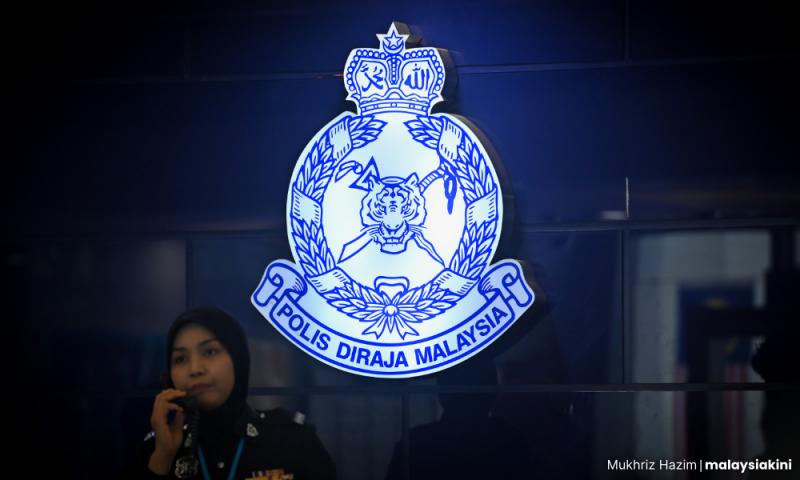
S Thayaparan
Published: Aug 12, 2024 10:00 AM
“Thus, my journalist friends who are here today, you should accept this fact. Do not feel that you need to do self-censorship. Because, if we want to invigorate freedom and democracy, then we should respect (freedom of the press),” - Prime Minister Anwar Ibrahim
Published: Aug 12, 2024 10:00 AM
“Thus, my journalist friends who are here today, you should accept this fact. Do not feel that you need to do self-censorship. Because, if we want to invigorate freedom and democracy, then we should respect (freedom of the press),” - Prime Minister Anwar Ibrahim
COMMENT | The question we have to ask ourselves is, why is it so controversial when the press reports on a possible shake-up in the upper echelons of the police?
We have to ask ourselves why the Madani state would enable the police when they go after journalists reporting on issues that affect public interests.
Bukit Aman issued a response to the report claiming it was untrue, not because there were no plans for a reshuffle but rather because the police had not issued an official statement, and reminded the press “not to quote unofficial sources particularly when involving the security forces and government agencies”.
Much ado about nothing
The big question is why Bukit Aman is in such conniptions over a simple matter of personnel changes? Why are they so determined to discover the source of this news story?
More importantly, why is the Madani state led by a prime minister who claims he believes in a free and open press but enables the police while the communications minister asks journalists to cooperate with the police?
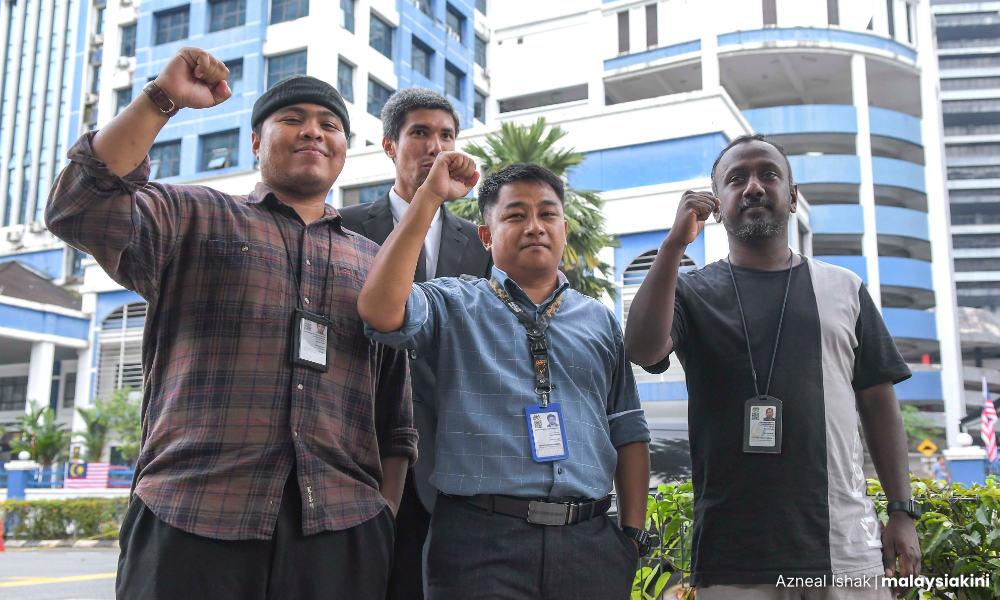
(Left to right) Malaysiakini journalists Shahrin Aizat Noorshahrizam, Hariz Mohd, and B Nantha Kumar
In the piece under scrutiny, it was reported that a senior ministry official claimed: “The Home Ministry is not involved in this. It’s got to do with the dynamics within the Royal Malaysia Police.”
It means that this is an internal matter within the police, which is strange because as has been reported in the press, there is a symbiotic relationship between the Home Ministry and the police.
Former inspector-general of police Abdul Hamid Bador reminded us of this fact with his public comments - “The minister was said to have arranged for ‘his boy’ (a retired senior Special Branch officer) to lead the Special Branch.”
As evident, on Feb 16, 2021, the then-Special Branch chief was summoned by the chief secretary to the government who asked him to voluntarily end his contract.
“Otherwise, a one-month notice of termination would be issued. The minister appeared impatient for ‘his boy’ to fill the position even though the Special Branch chief’s contract would only end in mid-June.”
In the piece under scrutiny, it was reported that a senior ministry official claimed: “The Home Ministry is not involved in this. It’s got to do with the dynamics within the Royal Malaysia Police.”
It means that this is an internal matter within the police, which is strange because as has been reported in the press, there is a symbiotic relationship between the Home Ministry and the police.
Former inspector-general of police Abdul Hamid Bador reminded us of this fact with his public comments - “The minister was said to have arranged for ‘his boy’ (a retired senior Special Branch officer) to lead the Special Branch.”
As evident, on Feb 16, 2021, the then-Special Branch chief was summoned by the chief secretary to the government who asked him to voluntarily end his contract.
“Otherwise, a one-month notice of termination would be issued. The minister appeared impatient for ‘his boy’ to fill the position even though the Special Branch chief’s contract would only end in mid-June.”
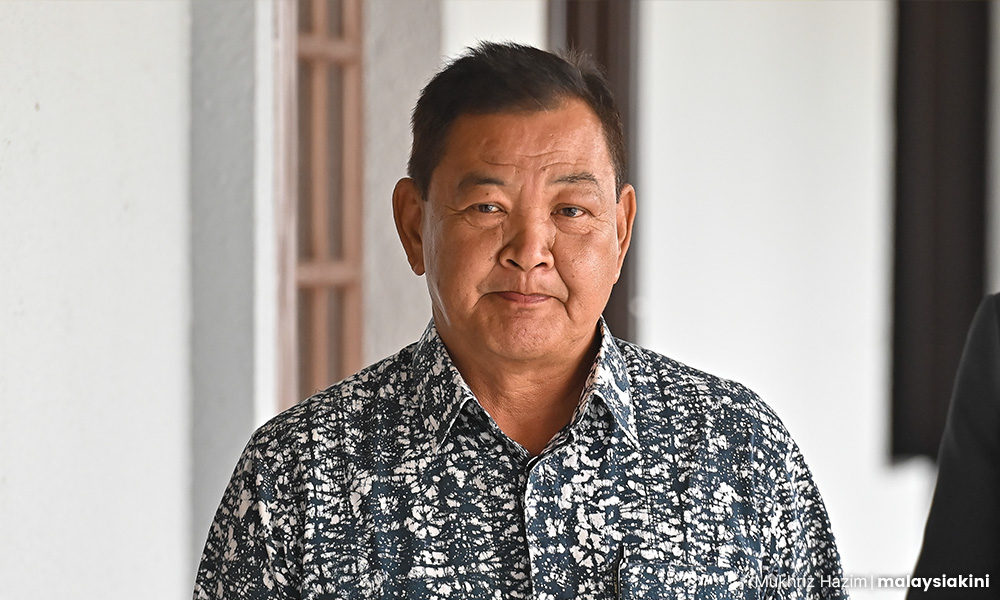
Former inspector-general of police Abdul Hamid Bador
The big question is, have things changed? And this is an important question and what journalists are supposed to discover.
Johan Jaaffar the national journalism laureate wrote - “Writing speculative pieces is nothing new in journalism. Journalists speculate about almost everything including possible reshuffles in the cabinet line-up or leadership changes in corporations.”
Preserving status quo
Here is the thing, I do not think that the Malaysian journalists wrote a speculative piece in the true sense of the word. I think they wrote a well-sourced piece on the possible shake-up at Bukit Aman. They were very precise in not inserting any kind of political slant in the piece.
I believe that the reason why the police are on the defensive is because they do not want the rakyat to speculate. They do not want the rakyat to ask questions about the security apparatus which is funded by their tax ringgit.
The big question is, have things changed? And this is an important question and what journalists are supposed to discover.
Johan Jaaffar the national journalism laureate wrote - “Writing speculative pieces is nothing new in journalism. Journalists speculate about almost everything including possible reshuffles in the cabinet line-up or leadership changes in corporations.”
Preserving status quo
Here is the thing, I do not think that the Malaysian journalists wrote a speculative piece in the true sense of the word. I think they wrote a well-sourced piece on the possible shake-up at Bukit Aman. They were very precise in not inserting any kind of political slant in the piece.
I believe that the reason why the police are on the defensive is because they do not want the rakyat to speculate. They do not want the rakyat to ask questions about the security apparatus which is funded by their tax ringgit.
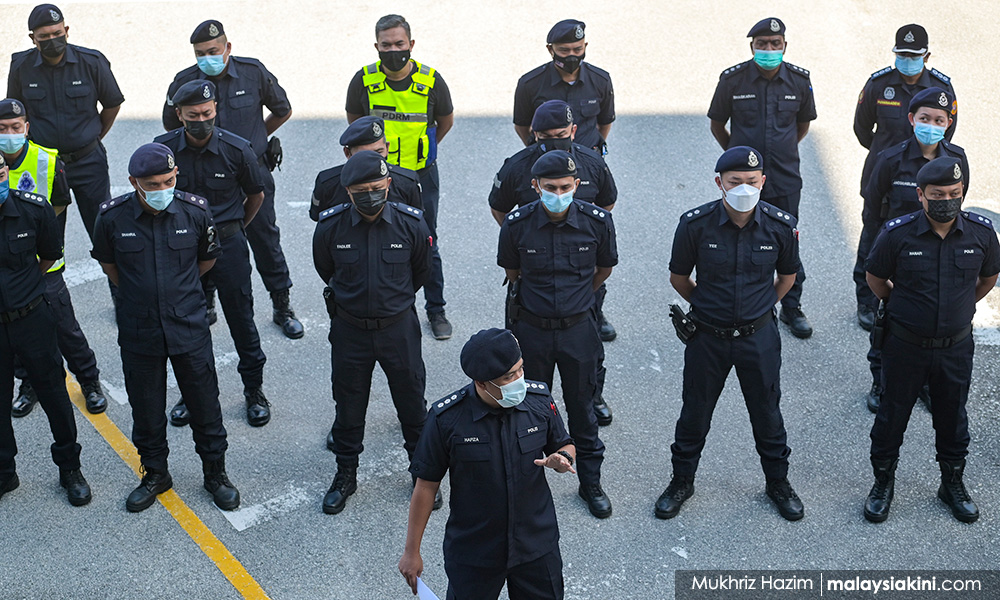
There is a reason why the police don’t want the rakyat to speculate about any kind of changes within its bureaucracy. We only have to refer to Hamid when he perhaps mistakenly declared that there was no need for an RCI of a cabal within the force.
“I have explained it, that it is within my control. Why I shared this issue with the public is because I want the public to know that I know what they know (about issues plaguing the force).
“And I also want my men to realise that it is something very bad. I know what is going on down there.”
Indeed, the police report, the questioning of these journalists, and the fact that the communications minister had advised these journalists to cooperate with the police when it comes to confidential sources is not only disturbing - in the words of Johan - but is a chilling reminder to people within the Madani state who want to speak up on malfeasance they may witness to the press.
Champions of free press no more?
I remember a time when PKR was in the opposition and used Malaysiakini to speak to the rakyat exposing the malfeasances of the BN state. I remember a time when the opposition led by PKR thanked Malaysiakini for being a platform to air their views which was censored by the mainstream press.
Just last year, the prime minister and the boss of Communications Minister Fahmi Fadzil told journalists that “Criticism against the prime minister or leaders is necessary, and leaders should not be alarmed or have fear (of media criticising them).”
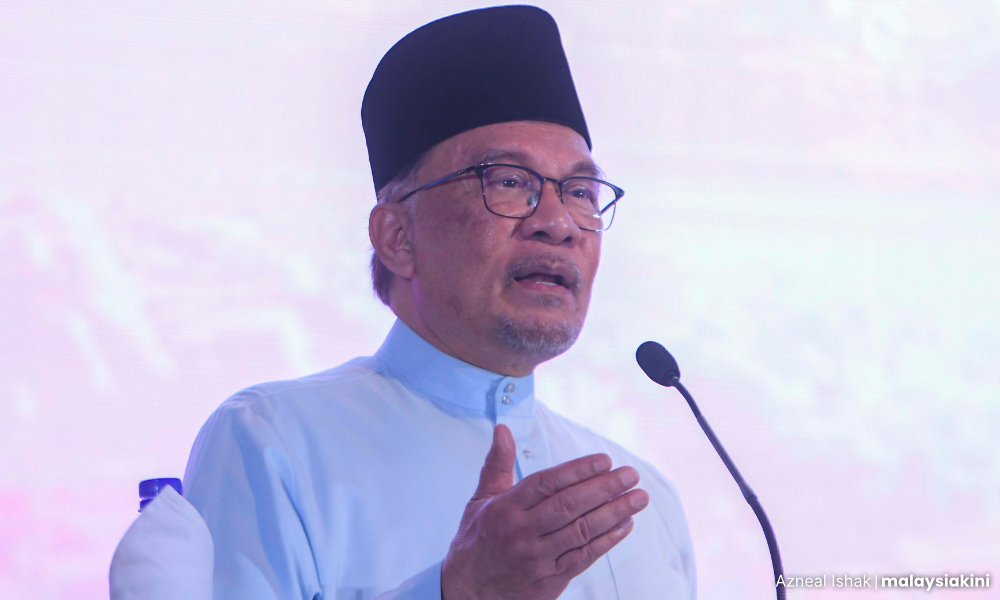
“I am saying this now because I am confident with what we are doing and I am ready to fight with facts. And if indeed, there are shortcomings on our side, then we are ready to apologise and make the necessary changes.”
Now, the police is part of the state mechanism and if we follow the prime minister’s train of thought, they should be open to criticism and that they will fight with facts and admit to their shortcomings if necessary.
Instead, what we have is - according to former law minister Zaid Ibrahim - the harassment of journalists and the “old authoritarian mindset” that DAP MP Teresa Kok reminds us that the Madani state wanted to reform.
I have no idea how the Madani state recovers from this. How does this help with the reform agenda?
Obviously, the Madani state has not learnt that shooting the messenger does not mean that the message goes away.
S THAYAPARAN is Commander (Rtd) of the Royal Malaysian Navy. Fīat jūstitia ruat cælum - “Let justice be done though the heavens fall.”

No comments:
Post a Comment